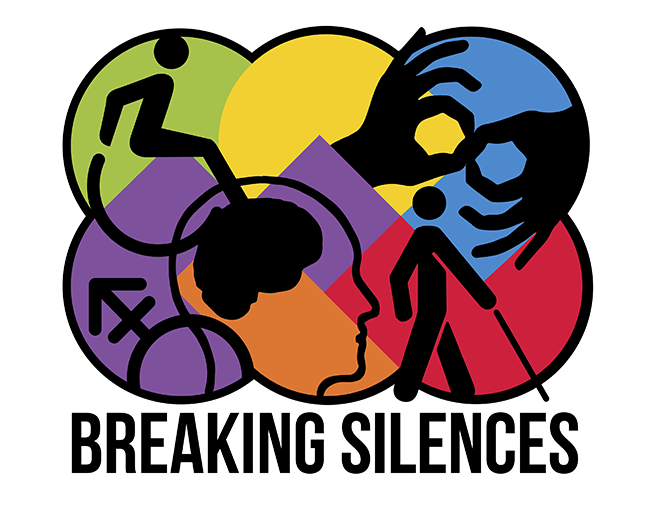Start Date
4-11-2015 5:30 PM
End Date
4-11-2015 6:30 PM
Description
Online communities are receiving praise for providing new frontiers to marginalized populations with disabilities and LGBTQ identities. They provide unique outlets to generate media from within the community, which in turn influences broader national discussions among the public, mainstream media, and officials. Moreover, participation in online "Crip" and LGBTQ cultures present safe forums for populations to overcome geographic boundaries and control the disclosure of identities. This aspatial conception of emerging online communities is thus said to unite marginalized identities and provide meaningful representation of community members.
But while the emergence of online communities provides incredible opportunity for community formation, influence over public dialogue, and identity formation, the promise of online cultural formation and diffusion must address two central assumptions:
1. Participation: It assumes all who could be in the community have the ability to participate.in online platforms.
2. Representation: It assumes that the voiced experiences of online communities are representative of marginalized persons across place.
Within rural sociology, literatures address spatial contexts of inequality. The urban bias within political structures suggests that the ability to participate in national discourse and to benefit from infrastructure development prioritizes urban settings over rural ones. Consequently, rural problems related to joblessness, gender inequality, health, and mobility are left unaddressed by national policy and dialogue. I explore whether emerging online LGBTQ and disability communities allow for participation across places and representation of place-based livelihood obstacles that are outside of urban contexts.
Repository Citation
Garcia, Nick, "Spatial Obstacles to Shared “Crip” & LGBTQ Cultures" (2015). Breaking Silences, Demanding Crip Justice: Sex, Sexuality, and Disability. 2.
https://corescholar.libraries.wright.edu/breaking_silences/2015/posters/2
Spatial Obstacles to Shared “Crip” & LGBTQ Cultures
Online communities are receiving praise for providing new frontiers to marginalized populations with disabilities and LGBTQ identities. They provide unique outlets to generate media from within the community, which in turn influences broader national discussions among the public, mainstream media, and officials. Moreover, participation in online "Crip" and LGBTQ cultures present safe forums for populations to overcome geographic boundaries and control the disclosure of identities. This aspatial conception of emerging online communities is thus said to unite marginalized identities and provide meaningful representation of community members.
But while the emergence of online communities provides incredible opportunity for community formation, influence over public dialogue, and identity formation, the promise of online cultural formation and diffusion must address two central assumptions:
1. Participation: It assumes all who could be in the community have the ability to participate.in online platforms.
2. Representation: It assumes that the voiced experiences of online communities are representative of marginalized persons across place.
Within rural sociology, literatures address spatial contexts of inequality. The urban bias within political structures suggests that the ability to participate in national discourse and to benefit from infrastructure development prioritizes urban settings over rural ones. Consequently, rural problems related to joblessness, gender inequality, health, and mobility are left unaddressed by national policy and dialogue. I explore whether emerging online LGBTQ and disability communities allow for participation across places and representation of place-based livelihood obstacles that are outside of urban contexts.


